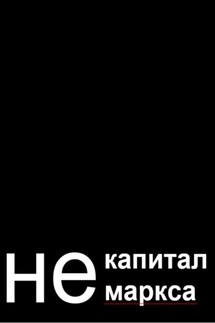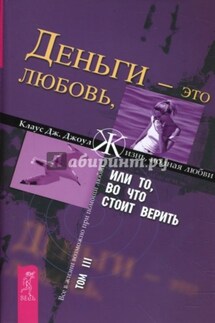The General Theory of Capital: Self-Reproduction of Humans Through Increasing Meanings - страница 55
If utility is an individually necessary set of existence values, then use value is a socially necessary set of these values. Utility arises from the needs and desires of individuals, use value from socio-cultural norms:
“René Girard’s hypothesis is crucial for understanding the nature of human institutions and the logic of their functioning. According to this hypothesis, institutions arise from the violence of human desire and their normalizing effect on it arises from their external relationship to the clash of conflicting desires” (Aglietta and Orléan 2002, p. 15).
Utility and use value are two complementary processes: utility is the process of individual calculation that creates culture-society, and use value is the process of social choice that creates the active power of the individual.
“…An order arising from the separate decisions of many individuals on the basis of different information cannot be determined by a common scale of the relative importance of different ends. … Order is desirable not for keeping everything in place but for generating new powers that would otherwise not exist” (Hayek 1988-2022, vol. 1, p. 79).
Use value is not a sum of occasional utilities; it is the socially necessary set of existence values. The history of production and exchange has consisted of the normalization or averaging of utilities, their transformation into socially necessary use values. In order for grain, cattle, precious metals, etc. to be transformed into use values, they had to become abstractions of utility. The end point of this process of social abstraction is commodities, exchange values, and money.
Use value, exchange value and money
In Marx’s analysis of commodity production, commodities resulting from productive activities are opposed to immediate producers. Commodities, or dead labor, dominate living labor, or the workers themselves. To analyze human history in a broader perspective than commodity production, a generalization of concepts is necessary. We generalize the concept of labor to the concept of activity (action), the concept of commodity to the result of an activity (result of an action), thus eliminating the opposition between labor and commodity and uniting them in the concept of meaning.
Marx also distinguished between the activity that creates use values, or concrete labor, and the activity that creates exchange values, or abstract labor, in which the characteristics of specific types of labor disappear:
“If then we leave out of consideration the use value of commodities, they have only one common property left, that of being products of labor. But even the product of labor itself has undergone a change in our hands. If we make abstraction from its use value, we make abstraction at the same time from the material elements and shapes that make the product a use value; we see in it no longer a table, a house, yarn, or any other useful thing. Its existence as a material thing is put out of sight. Neither can it any longer be regarded as the product of the labor of the joiner, the mason, the spinner, or of any other definite kind of productive labor. Along with the useful qualities of the products themselves, we put out of sight both the useful character of the various kinds of labor embodied in them, and the concrete forms of that labor; there is nothing left but what is common to them all; all are reduced to one and the same sort of labor, human labor in the abstract” (Marx and Engels 1975-2004, vol. 35, p. 48).







